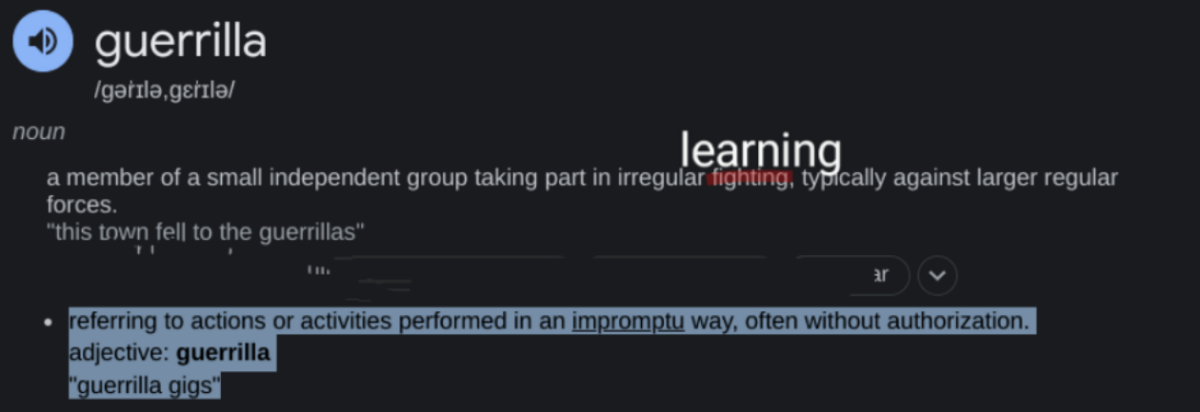The economic structure of a society, the material conditions of existence, is its base. The value systems, ways of life and institutional political structures (in a superficial sense) are its superstructure. The superstructure of characteristic class feelings, ways of thinking, myths, etc, serve its members as the believed conscious motives of individuals, but it is in fact class that determines action. Reason in this superficial sense belongs to the superstructure. I think I act from self-interest, but egoism actually perpetuates the capitalist mode of production; I think I act from religious duty (my personal bond with God, piety), but this in fact perpetuates the feudal economic system. When the intellectuals of a class produce a value system (religion, metaphysics, ethics, etc.) for these feelings, beliefs, it becomes ideology. The correct explanation of the existence of values is IDEOLOGY.
Continue reading “Ideology”Day: January 4, 2024
Capitalism
Capitalism is best defined as embodying two economic features:
(1) the free market; and
(2) the institution of private property.
To use something is to give it the predicate of mine. However, under a system of private property, nature already belongs to someone. How does this odd situation arise?
Continue reading “Capitalism”Alienation
The “critical tendency” and “law of development” of capitalism is to divorce the means of production from labour (to mechanise) and to concentrate the means of production into large groups and so transform labour into wage-labour (replaceable: a commodity in competition with other commodities) and the means of production into capital (viz. investment). However, the more it does so, the less surplus value is generated and the less the workers are paid. Hence, the revolution of the working class is inevitable because its interests become the motor of change: the more he works, the less he receives.
Continue reading “Alienation”